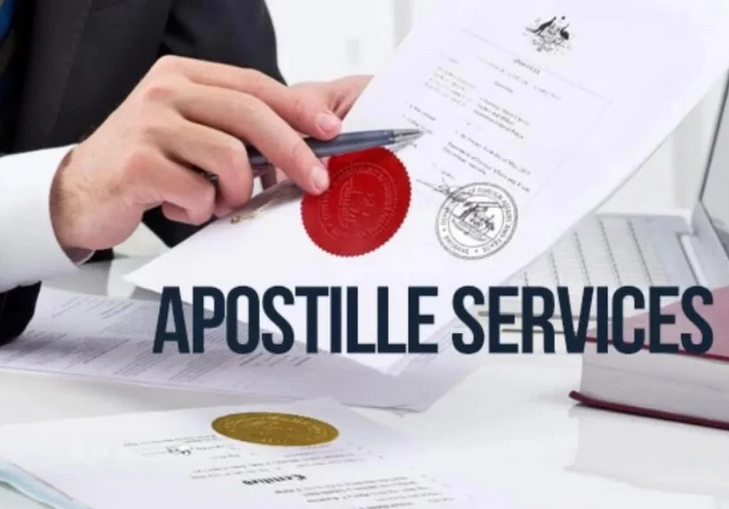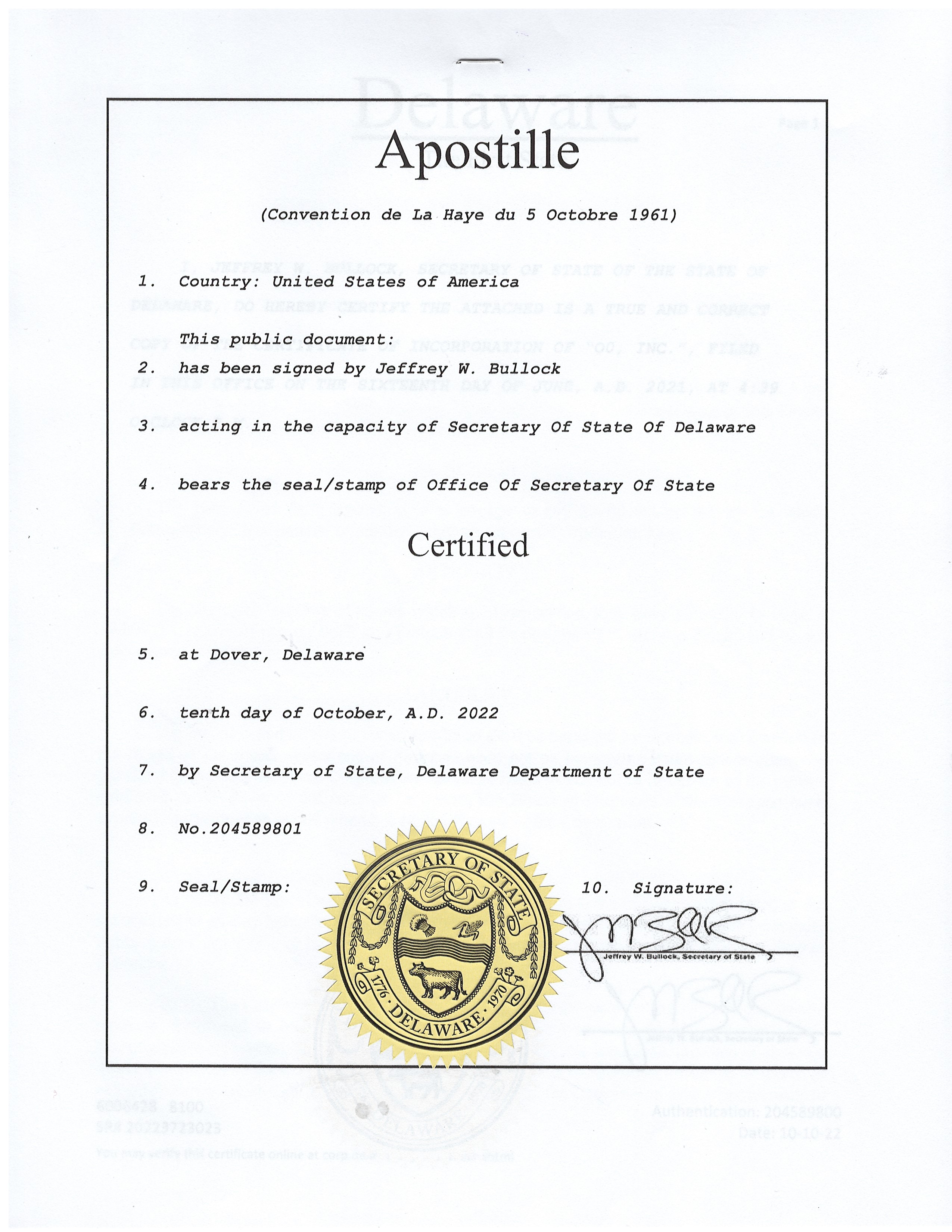Apostille Services in Houston: Streamline Your Paper Legalization
Apostille Services in Houston: Streamline Your Paper Legalization
Blog Article
Exploring the Factors Behind the Obligatory Need of Apostille Qualification for Legal Documents
In the realm of legal paperwork, the necessary need of apostille qualification has ended up being an essential aspect that substantially influences the credibility and recognition of lawful documents on an international range. Comprehending the rationale behind this necessity includes diving right into the intricate internet of lawful intricacies, historical precedents, and international arrangements that highlight the significance of apostille accreditation in today's interconnected world. By discovering the underlying factors behind this prevalent demand, a more clear photo arises of why this relatively governmental procedure holds such enormous relevance for federal governments, people, and organizations alike.
Historical Evolution of Apostille Qualification
How did the idea of apostille certification advance over time to end up being an important component of worldwide file recognition? The need for a simplified approach of confirming records for usage across borders ended up being evident as global trade and travel increased.
At first embraced by a couple of European nations, the Apostille Convention progressively got worldwide acceptance as a result of its effectiveness and performance in confirming the legitimacy of official papers. Over the years, the convention's reach expanded as even more nations signed up with, recognizing the apostille as a widely accepted form of record authentication. Today, apostille qualification has become a common demand for confirming lawful papers in global purchases, making sure smooth interaction and legal process between nations.
Simplifying International Document Legalization
The streamlining of global paper legalisation procedures has dramatically enhanced effectiveness in cross-border purchases. Streamlining the procedure of legalizing papers for international use has ended up being essential in facilitating swift and smooth purchases between nations. Among the key devices that have added to this simplification is the fostering of the Apostille Convention, which offers a standardized approach for verifying the authenticity of files throughout taking part nations.
By adhering to the Apostille requirements, nations concur to acknowledge each other's public papers as valid without the requirement for further legalisation. This removes the often troublesome and prolonged procedure of several authentications by different authorities, saving time and sources for individuals and companies participated in international tasks.

Guaranteeing Paper Credibility and Credibility
To ensure the credibility and validity of lawful records in international purchases, stringent confirmation processes are necessary. By calling for apostille accreditation for legal papers, authorities intend to confirm the origin of files and validate the signatures of individuals included.
Moreover, verifying the authenticity of lawful papers through apostille qualification improves trust fund and self-confidence amongst celebrations participating in international deals. It provides assurance more helpful hints that the documents offered are real and legitimately binding, thereby minimizing the risks linked with deceitful tasks. Additionally, guaranteeing record validity via apostille qualification streamlines the legalisation process, making it extra reliable and effective for people and organizations performing service throughout boundaries. Ultimately, by promoting stringent verification standards, apostille qualification adds to a much more transparent and protected worldwide legal framework.

Promoting Cross-Border Legal Acknowledgment
In the realm of global purchases, the apostille accreditation not just makes sure the credibility and credibility of lawful records however additionally plays an essential role in helping with cross-border lawful acknowledgment (Houston Apostille). When legal documents bear an apostille certificate, they are readily approved by international authorities without the need for more confirmation. This streamlined process quickens the acknowledgment of files in various countries, promoting effectiveness and reducing administrative hurdles in legal matters that transcend national borders
Assisting in cross-border lawful acknowledgment with apostille qualification cultivates depend on and self-confidence in the credibility of documents exchanged between countries. By sticking to the criteria set forth by the Apostille Convention, nations look what i found agree to recognize the apostille seals attached to documents from various other member nations, thus streamlining the procedure of legal acknowledgment across borders.
Conformity With International Treaty Specifications
Conformity with worldwide treaty standards is essential for guaranteeing the uniform application of legal policies across taking part nations. The Apostille Convention, established in 1961, describes the demands for the approval of public records among participant countries. By adhering to the standards set forth in this treaty, countries dedicate to you can try these out identifying the validity of each various other's authorities papers without the requirement for more verification - Houston Apostille. This shared acceptance simplifies the process of cross-border record recognition, advertising performance and decreasing governmental obstacles.
The Apostille certification, as mandated by the treaty, functions as an assurance of credibility for papers such as birth certifications, marriage licenses, court judgments, and notarized actions. This standard approach assists avoid scams and ensures that legal documents originating from one participant country are readily approved in another. Moreover, by following worldwide treaty requirements, countries show their dedication to supporting the concepts of openness, count on, and participation in lawful issues on a global scale.
Verdict

In the world of legal documentation, the necessary need of apostille qualification has actually ended up being a vital facet that dramatically impacts the validity and recognition of legal documents on an international scale. Today, apostille accreditation has come to be a common demand for verifying legal papers in international purchases, guaranteeing smooth communication and legal procedures in between countries.
Furthermore, confirming the authenticity of legal files via apostille qualification enhances trust fund and confidence among parties engaging in global purchases.In the realm of global deals, the apostille accreditation not just makes certain the authenticity and credibility of lawful records yet additionally plays a critical role in helping with cross-border legal acknowledgment. By adhering to the criteria set forth by the Apostille Convention, nations agree to recognize the apostille seals affixed to documents from other participant nations, thus streamlining the process of lawful recognition across boundaries.
Report this page